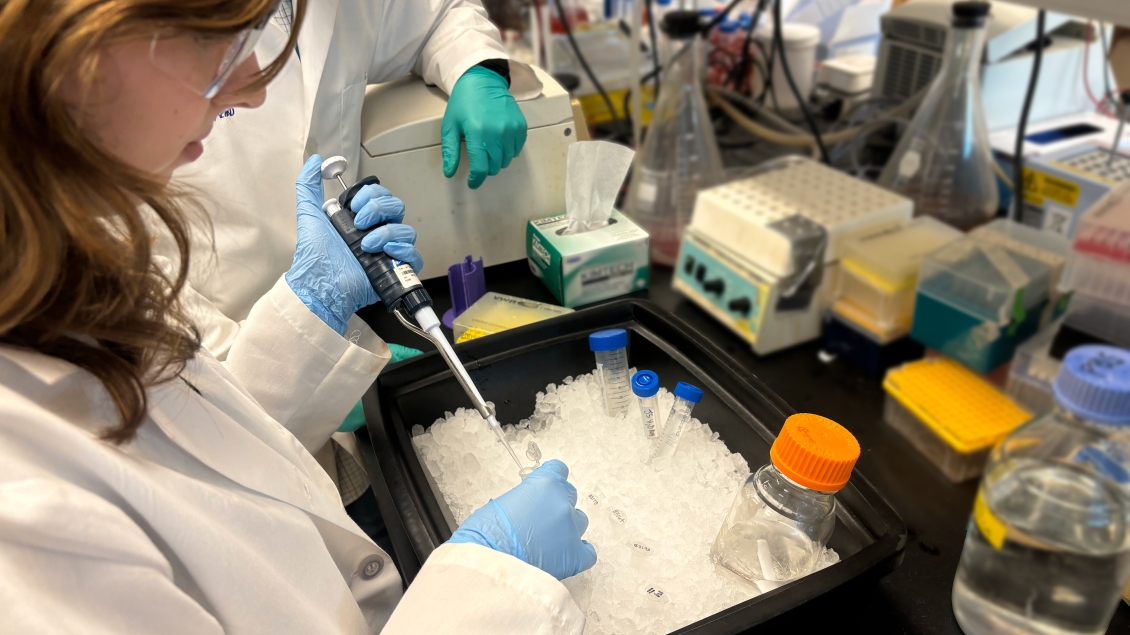
Treating Kidney Injury
Our goal is to develop new treatments for acute kidney injury.
Acute kidney injury is a common complication in hospitalized patients. Patients suffering from acute kidney injury have an increased risk of death and long-term kidney failure, and they account for billions in excess health care costs. Despite this clinical burden, there are no treatments in routine clinical practice to prevent or treat kidney injury. The overarching goal of our work is to discover molecular and genetic factors that control how kidney cells respond to injury, enabling new treatments.
Ischemic kidney injury is the most common form of severe injury that requires the specialized care of a nephrologist. This condition results from a temporary loss of blood supply to the kidney that damages vulnerable kidney cells. Remarkably, surviving kidney cells can regenerate kidney tissue, a process that could be harnessed to improve recovery and develop new kidney replacement technologies.
Our research focuses on three main goals:
- Identify Vulnerability Factors: We aim to uncover molecular and genetic programs that make kidney cells susceptible to ischemic injury, especially for patients with diabetes, obesity, or other metabolic stressors. By pinpointing kidney-specific protective targets, we hope to translate experimental protections into clinical practice.
- Understand Regeneration Mechanisms: We investigate how the gene expression changes required for cell-state transitions are controlled during kidney repair. Our goal is to find targets that promote successful regeneration.
Engineer Functional Kidney Models: We develop new systems designed to maintain kidney cell function outside the body. This approach will help create better models of kidney function and potentially lead to cell-based alternatives to dialysis.